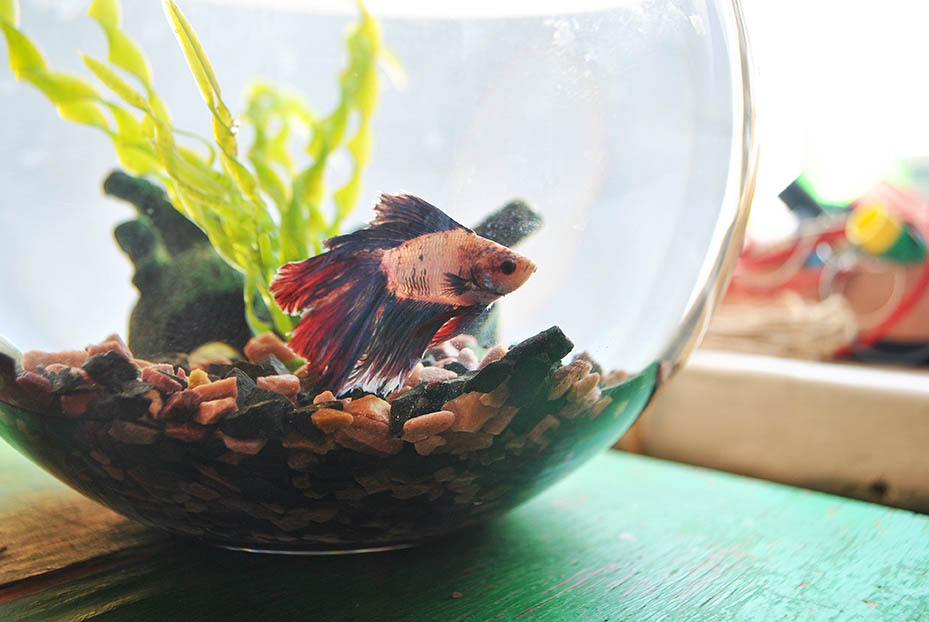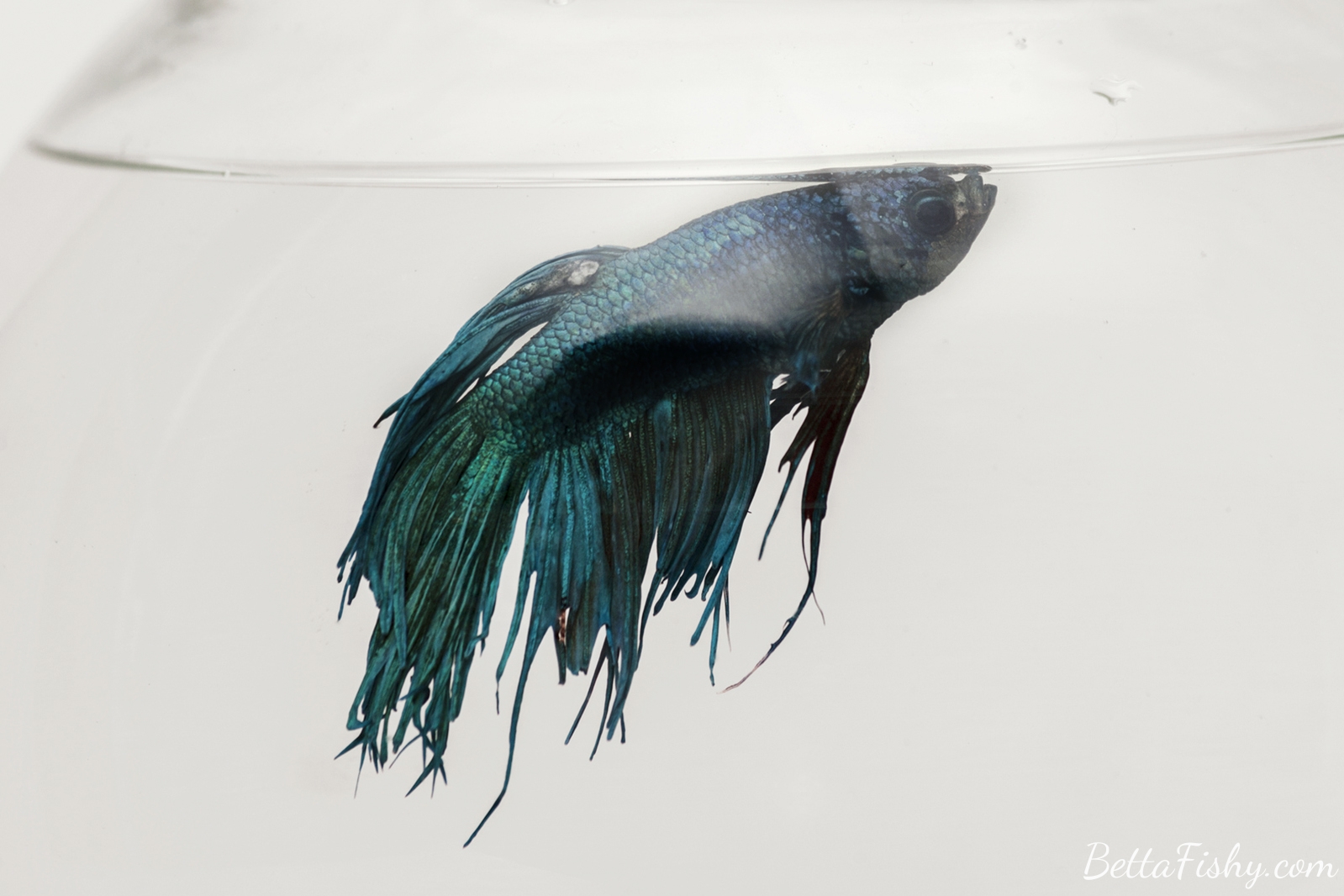Betta fish, also known as Siamese fighting fish, are popular pets due to their vibrant colors and unique personalities. These small freshwater fish are native to Southeast Asia and are known for their ability to breathe air using their labyrinth organ. This allows them to survive in low oxygen environments, such as stagnant water or even out of water for a short period of time.
But how long can a betta fish live out of water?? This is a common question among betta owners, especially in emergency situations where the fish may accidentally jump out of its tank. In this article, we will explore the factors that affect a betta’s survival time out of water, potential risks and damage, emergency care and recovery, and prevention methods to ensure the well-being of these beloved pets.
Survival Factors

Before we dive into the estimated survival time of betta fish out of water, it is important to understand the factors that can impact their ability to survive in such conditions. The two main factors that affect a betta’s survival time are ambient temperature and humidity levels.
Ambient Temperature
:strip_icc()/GettyImages-1224784541-c7b66f7127104f99a2b7adb7f1759a54.jpg)
Betta fish are tropical fish and thrive in warm water temperatures between 75-80°F (24-27°C). When exposed to cooler temperatures, their metabolism slows down, causing them to use less oxygen. This means that they can survive longer periods out of water in cooler environments compared to warmer ones.
However, if the temperature drops below 60°F (15°C), the betta’s metabolism will slow down significantly, making it difficult for them to survive even a few minutes out of water. Therefore, it is crucial to keep your betta tank at a consistent and appropriate temperature to ensure their well-being.
Humidity Levels

Humidity levels also play a role in a betta’s survival time out of water. Higher humidity levels help to keep the betta’s gills moist, allowing them to absorb oxygen from the air more effectively. This means that bettas can survive longer in humid environments compared to dry ones.
In addition, higher humidity levels also prevent the betta’s skin and scales from drying out, which can lead to damage and infections. Therefore, it is important to keep your betta tank covered to maintain a humid environment for your fish.
Survival Time Estimates

The estimated survival time of a betta fish out of water varies depending on various factors such as the individual health and resilience of the fish, ambient temperature, and humidity levels. In general, healthy bettas can survive 15-30 minutes out of water, while stressed or sick fish may last shorter periods.
However, it is important to note that these are just estimates and not a guarantee of how long a betta can survive outside of water. The actual survival time can vary greatly depending on the specific conditions and circumstances.
To give you a better understanding, here is a table showing the estimated survival time of betta fish based on different scenarios:
| Scenario | Estimated Survival Time |
|---|---|
| Healthy betta in a cool and humid environment | 30 minutes or more |
| Healthy betta in a warm and dry environment | 15-20 minutes |
| Stressed or sick betta in any environment | 5-10 minutes |
| Betta with damaged gills or internal organs | Less than 5 minutes |
As you can see, the health and environmental conditions greatly impact a betta’s ability to survive outside of water. It is always best to err on the side of caution and assume that your betta can only survive a few minutes out of water.
Risks and Damage

While betta fish have the ability to survive out of water for a short period of time, prolonged exposure to air can be dangerous for them. This is because their gills and internal organs are not designed to function outside of water.
When a betta is out of water, its gills are unable to absorb oxygen from the air effectively. This can lead to suffocation and eventually death if the fish is not returned to water in time. In addition, the betta’s internal organs can also become damaged due to the lack of moisture and support from the water.
Furthermore, when a betta jumps out of its tank, it may injure itself by hitting hard surfaces or getting caught in objects. These injuries can also contribute to a shorter survival time for the fish.
Emergency Care and Recovery
If you find your betta fish out of water, it is important to act quickly to ensure its survival. The first step is to gently return the fish to its tank as soon as possible. Do not handle the fish too much or try to dry it off, as this can cause further damage.
Once the fish is back in the water, it is important to monitor its recovery closely. A betta that has been out of water for a prolonged period may appear lethargic, struggle to swim, or even float on its side. This is normal and can be a sign of shock. However, if the fish does not show any signs of improvement after a few hours, it is best to consult a veterinarian for further advice.
To help your betta recover, you can add some aquarium salt to the water to reduce stress and promote healing. It is also important to keep the water clean and maintain appropriate temperature and humidity levels. A healthy diet with high-quality food can also aid in the recovery process.
Prevention and Safekeeping
The best way to ensure the well-being of your betta fish is to prevent them from jumping out of their tank in the first place. Here are some tips to help you minimize the risks and keep your betta safe:
- Secure your aquarium with a lid or cover to prevent accidental escapes. Make sure the lid is properly fitted and has no gaps for the fish to jump through.
- Keep the water level in your betta tank at least an inch below the top to prevent the fish from jumping out.
- Be aware of your betta’s behavior and needs. If you notice your fish trying to jump or constantly swimming near the surface, it may be a sign that they are not happy with their environment. Consider making changes to their tank setup to provide them with a more suitable habitat.
- Practice responsible pet ownership by providing your betta with a spacious and well-maintained tank, proper nutrition, and regular check-ups with a veterinarian.
Conclusion
In conclusion, betta fish have the ability to survive outside of water for a short period of time due to their unique breathing mechanism. However, this does not mean that they can thrive in such conditions. It is important to understand the factors that affect their survival time and take necessary precautions to prevent accidents from happening.
If you do find your betta out of water, act quickly and return the fish to its tank as soon as possible. Monitor its recovery closely and provide appropriate care to ensure its well-being. By practicing responsible pet ownership and being aware of your betta’s needs, you can help your fish live a long and healthy lifespan in their tank.


